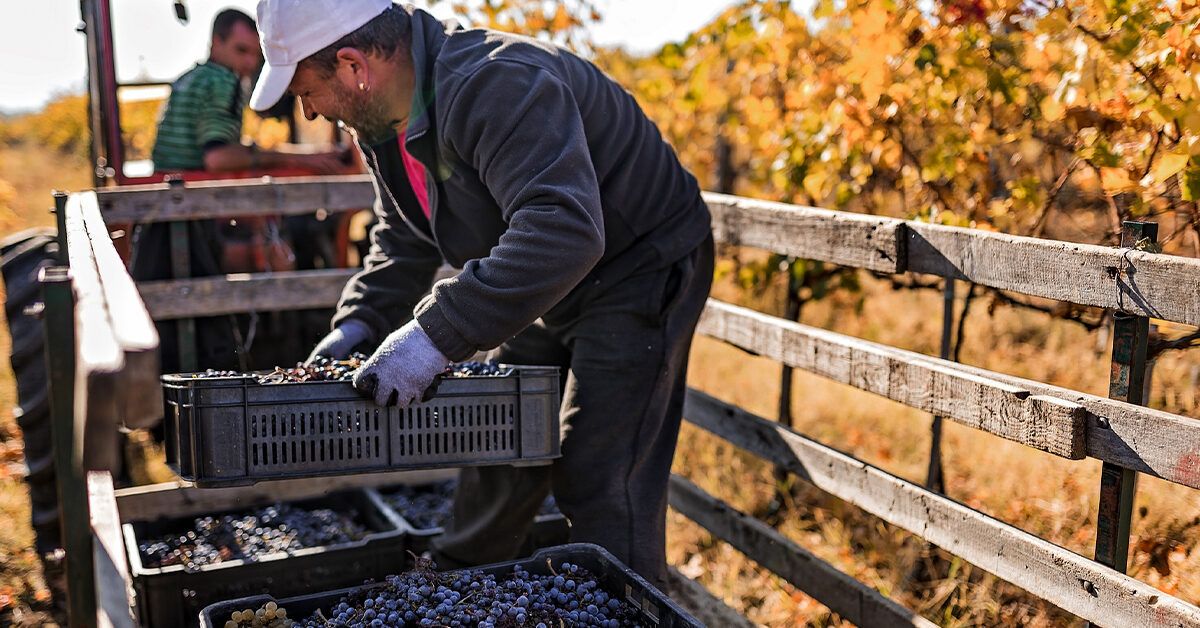Nox
Forumräv
Ingenting. Du får träna på läsförståelsen.
Verkligen? Hur vågar du äta några vindruvor alls i så fall? Förvisso skitfrukt sett till all socker men det är ju en annan femma.
Nu har förövrigt till och med FDA gått ut och förklarat att det räcker med att skölja dessa druvor i vanligt vatten precis som alla andra vindruvor.

Imported Shine Muscat grapes safe to eat if washed properly:
The Thai Food and Drug Administration (TFDA) says that Shine Muscat grapes, imported from China, are safe to eat, as long as they are thoroughly washed in plainworld.thaipbs.or.th
”The Thai Food and Drug Administration ( Thai FDA) says that Shine Muscat grapes, imported from China, are safe to eat, as long as they are thoroughly washed in plain water or in water containing baking soda or salt.
This assurance came from Dr. Surachoke Tangwiwat, Thai FDA secretary-general, in response to a report from by Thai-Pan that random tests they conducted on 24 samples of the grapes, collected from vendors, supermarkets and wet markets, found 23 of the samples heavily contaminated with dangerous chemicals, which do not readily dissolve, even when the grapes are soaked in water.
He said that the public should not be overly concerned about Thai-Pan’s findings, adding that the tests show that the 36 types of pesticide detected in the grapes are within safety limits.”
Min läsförståelse är naturligtvis inte lika god som din men den är så god att jag förstod att tråden handlar om vindruvor innehållande bekämpningsmedel som importerats från Kina.
Och att du tycker att en artikel från Bangkok Post som just @Isan Lover länkade till var fake news och svartmålning av Kina förstår jag…men inte varför du blandar in Trump, Israel och Ryssland…det finns ju andra trådar att diskutera det i.
Därav frågan och det förstod du säkert..men du ville väl raljera lite.
Och varför skulle jag inte våga äta vindruvor?
Men nu äter jag väldigt sällan vindruvor och definitivt i inte importerade druvor från Kina när jag befinner mig i Thailand.
Och förövrigt stod det i artikeln @isan länkade till att FDA var med och avslöjade laboratorietestresultaten.
Thai-PAN, the Thailand Consumers Council (TCC) and the Food and Drug Administration (FDA) revealed the laboratory test results on Thursday.
Och där stod också att dessa bekämpningsmedel förblir i vinvävnad, och det är osannolikt att det är lätt att ta bort dem från växtvävnaden", säger Prokchon.
Men det svänger ju snabbt i Thailand…så dagen efter räcker det plötsligt att skölja med vatten

